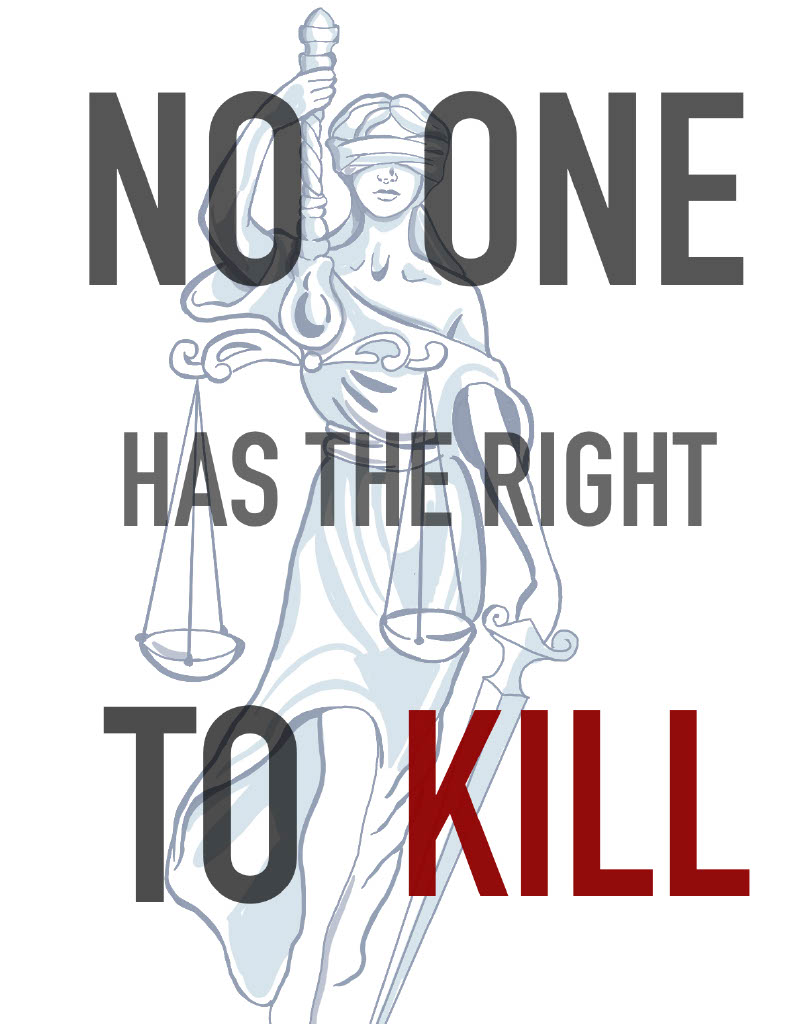Dear editor,
A recent letter to the editor by Marie Tupper asserted that homosexuality is wrong. The letter cites Matthew 19:4-6 as an example of a Biblical passage that condemns homosexuality. I have thoroughly examined this passage, and I find in it no condemnation of homosexuality, only an implicit endorsement of heterosexuality and celibacy, and an explicit condemnation of divorce. To argue that this passage also condemns homosexuality is logically equivalent to saying that someone hates Pepsi on the basis that he loves Coke.
Though we may be able to infer that this passage does refer to male and female individuals based on the Greek adjectives “arsen” and “thely” in verse 4, the word translated as “man” in verse 5 is “anthropos,” which is not explicitly male or female. If Matthew had wanted to refer specifically to a man, the author would have had no difficulty in using the Greek word “aner,” which refers specifically to a male. Moreover, the Gospels are written in prose, and so the author is bound to no meter or rhyme scheme. The word for “wife,” however, is “gynaiki,” which unambiguously refers to a woman. Thus, a cunning linguist might find in this passage an endorsement of both heterosexuality and lesbianism.
Still, wanting to investigate further, I consulted St. Thomas Aquinas’s “Catena Aurea,” an immense anthology of various Biblical commentaries from various important persons in the church, such as Augustine, Origen and John Chrysostom, inter alia. None mention homosexuality. In fact, this passage appears to be about divorce and celibacy. The passage cited, Matthew 19:4-6 is Jesus’ reply (itself referring to Genesis 1:27 and 2:24) to the Pharisees, probably included chiefly as a preface for his subsequent, famous proclamation that what God has joined, no person should separate. Jesus’ command here differs from the Law of Moses, and so perhaps the Genesis quotation is meant to demonstrate that Jesus’ command coheres with the Old Testament even better than Moses’ did. Indeed, this discussion of divorce accounts for much of the commentary in the “Catena Aurea.” The remainder of the scripture passage praises eunuchs. Thus, this passage says not that homosexuality is naughty; rather, it says naught about homosexuality.
As for the notion that the only correct interpretation comes from the Paraclete-guided successors to the Apostles, it is worth noting that the central figure in Christianity is someone who openly challenged religious authorities.
Further, if my reasoning is wrong, then the citation in the previous article, that God’s foolishness is wiser than “men,” also assures us that said wisdom is not wiser than that of Terri Bednarz.
Sincerely,
Edward Seyler
Economics senior













